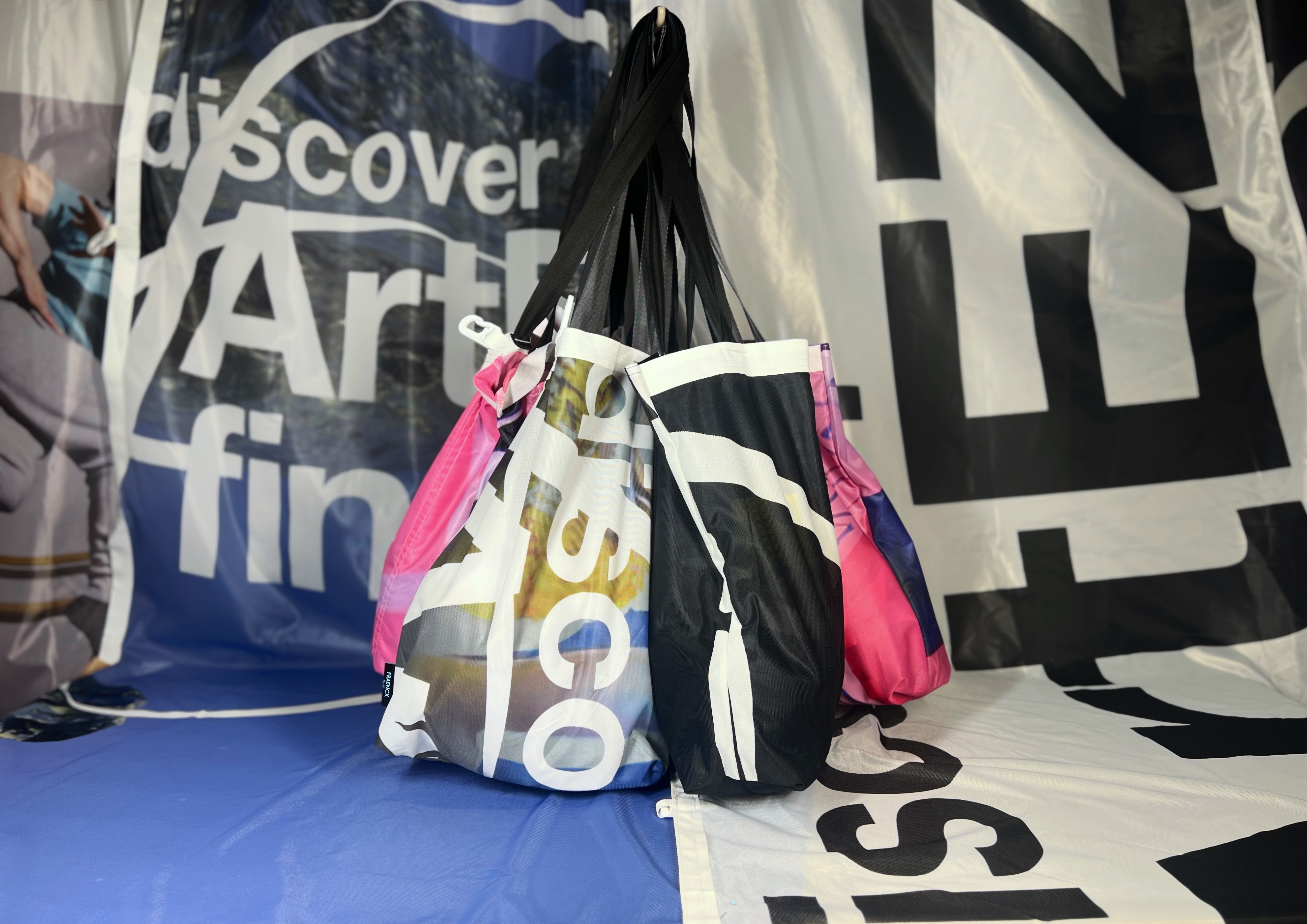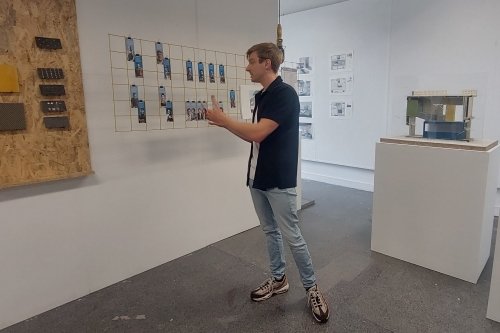
Sustainable Development Goals
Social engagement is deeply embedded in our identity. We embrace the United Nations' Sustainable Development Goals (SDGs) as a guiding framework for tackling global issues such as education, climate change, and social inequality. Our focus lies specifically on SDG 4 (inclusive and equitable education), SDG 10 (reducing inequality), SDG 13 (climate action), and SDG 16 (peace, justice, and strong institutions).
Students, teachers, and staff contribute to these goals in their own creative ways, through initiatives that are implemented both within individual programmes and across the academy as a whole. We continually challenge ourselves to go further, devising new and sustainable solutions. Through social projects and artistic research, we collaborate to build an inclusive and just society where art plays a transformative role.
Student initiatives

ArtEZ initiatives
Sustainability and social responsibility play a key role in our purchasing decisions, building maintenance, renovations, and even our employment policies. These values are reflected in various initiatives, such as:
Fraenck x ArtEZ: from old bags to new flags
 For years, ArtEZ has added colour to the city of Arnhem during open days and the ArtEZ finals. Across the city—from bridges and train stations to the city centre—we proudly use flagpoles to announce graduate showcases, open days, and to display the work of our students. While old flags were replaced with new ones, the outdated banners ended up stored in boxes in our warehouse. Disposing of them felt wrong and went against our ambition to be as sustainable as possible. But what could we do with those old flags? As the storage space filled up, it became clear we needed a sustainable solution. We found that solution with Fraenck, a remarkable social enterprise founded by ArtEZ alumnus Ratna Ho.
For years, ArtEZ has added colour to the city of Arnhem during open days and the ArtEZ finals. Across the city—from bridges and train stations to the city centre—we proudly use flagpoles to announce graduate showcases, open days, and to display the work of our students. While old flags were replaced with new ones, the outdated banners ended up stored in boxes in our warehouse. Disposing of them felt wrong and went against our ambition to be as sustainable as possible. But what could we do with those old flags? As the storage space filled up, it became clear we needed a sustainable solution. We found that solution with Fraenck, a remarkable social enterprise founded by ArtEZ alumnus Ratna Ho.
This collaboration not only supports our sustainability goals but also aligns with our commitment to working with partners who prioritise social impact. It is a perfect example of how we combine sustainability with societal value, and we hope it will inspire other institutions, as well as our staff and students.
More information about the collaboration between ArtEZ and Fraenck.



